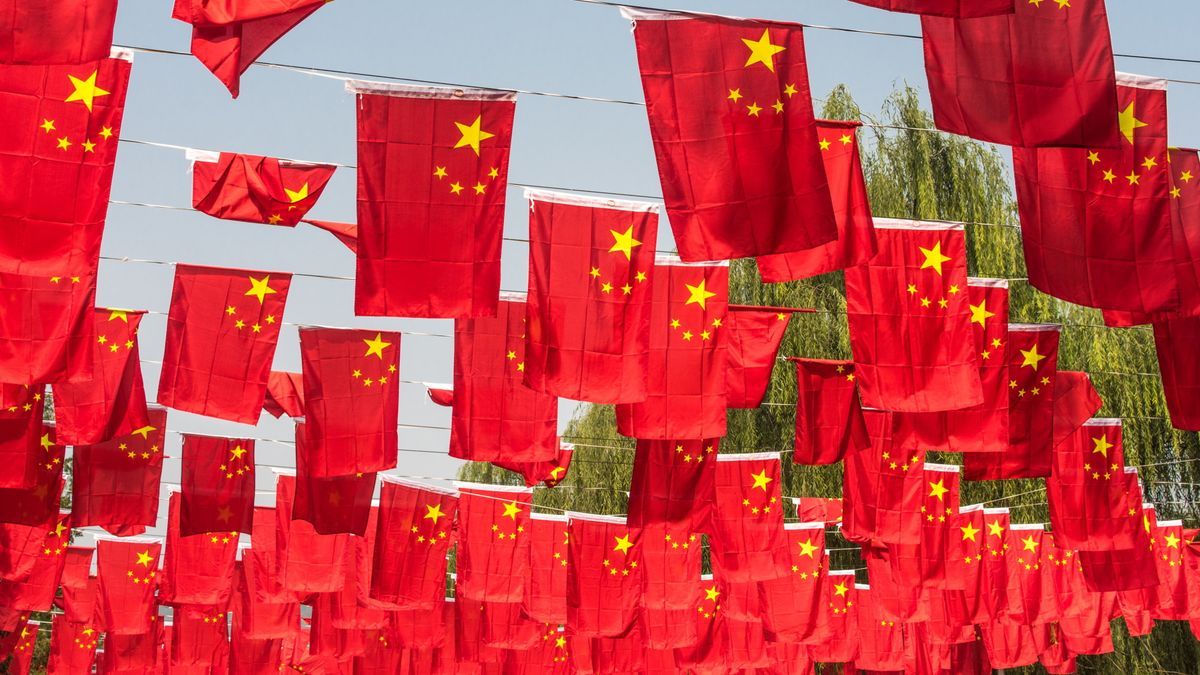China's State Administration of Market Regulation (SAMR) has announced plans to use the technology in its large companies to step up the fight against counterfeits and improve intellectual property protection.
The promise, made by SAMR official Tong Bo (via Chinese Newspaper), came amid discussions about the administration's efforts to protect against intellectual property violations.
Bo stated that SAMR aims to “improve our ability to find and identify intellectual property violations” by using technologies such as cloud computing and mobile networks to help identify intellectual property violations.
China clamps down on intellectual property violations
Last June, SAMR launched a major offensive against online intellectual property infringements together with the Ministry of Public Security and China's National Intellectual Property Administration. The initiative was designed to regulate the market and ensure that internet platforms met their regulatory responsibilities.
Since then, according to Bo, there have been more than 27,000 online intellectual property infringement cases, of which 267 have been referred to public security bureaus for further investigation.
Bo also noted that 1,374 websites involved in such activities have been shut down and another 7,390 online stores have been ordered to cease platform services after they were found to be violating regulations.
Emphasizing that efforts are ongoing, Bo stated that the regulator has continued to step up its efforts to protect intellectual property and combat counterfeits, alluding to the fact that the administration's work is not done and that more could be done to address the problem.
SAMR's increased focus on integrating technology into its law enforcement strategies signifies China's commitment to safeguarding its markets; However, the initial information lacks any mention of artificial intelligence.
The Republic has been subject to numerous restrictions and bans by countries such as the United States on the import and export of computer components such as processors, which play an important role in the deployment of AI. In response to global geopolitical tensions, China has now turned its attention to developing its own products.









